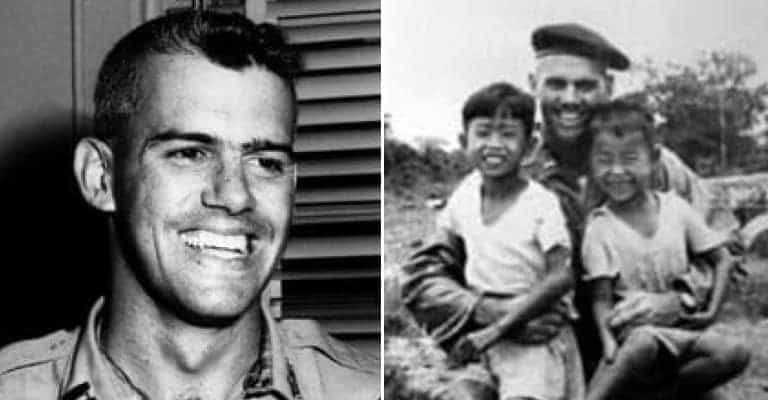“If I am captured I will continue to resist by all means available. I will make every effort to escape and aid others to escape. I will accept neither parole nor special favors from the enemy.”
– Code of the United States Fighting Force
As anyone who has seen The Great Escape knows, it is the duty of every prisoner of war to make life as uncomfortable as possible for the enemy, even while in captivity. Many stories of heroism in the Second World War were written by those who resisted in the most spectacular fashion possible or in the smallest of ways that they could manage: whether by constantly trying to escape and thus diverting attention towards themselves, or simply by getting on the guards nerves as much as they could to slowly sap at morale.
In ancient times, those captured in battle could expect to find themselves either summarily executed or sold into a life of slavery, but as the years went by, their rights improved. The status of prisoners of war over the years changed drastically when an accepted set of rules regarding their treatment was created at the Peace of Westphalia in 1648, called to end the Thirty Years’ War in Europe. While the major powers of Europe agreed to treat each other’s captured well, the first camp was not built until 1797, nearly 150 years later, and the idea of exchanging each other’s prisoners did not occur until even after that.

There was always a give and take between factions on the issue: soldiers were meant to keep fighting in any way they could and not simply sit in captivity waiting to be freed when the war ended, while guards were not meant to overly harm prisoners, even when they were clearly fighting back against their guards. It was an impasse that would see little resolution. The Geneva Conventions on the rights of Prisoners of War were agreed in 1929 – confusingly, there are three Geneva Conventions, the one that most people have heard of being the 1949 nuclear non-proliferation Convention and not the Convention concerning the rules of war. The 1929 convention made it illegal to torture prisoners, gave them the right to packages and letters home, ensured decent food and work, disavowed slave labour and allowed them not to disclose any information that they did not want to.

Of course, when the Second World War started, plenty of this went out of the window. The Nazis and Soviets routinely flouted their obligations to each other’s prisoners: 57% of Soviet prisoners held by the Germans died, while 35.8% of Germans held by the Soviets did too. The British and Americans fared much better, with death rates of around 3% if they were captured by Germans, while Germans captured by Brits and Americans died at a rate of less than 1%. The Geneva Convention of 1929, however, was never ratified by Japan. Almost a third of those captured in the Pacific perished, and it would be a trend that continued in the region well after the war had ended.

